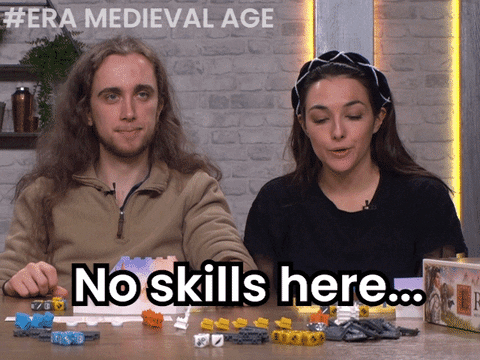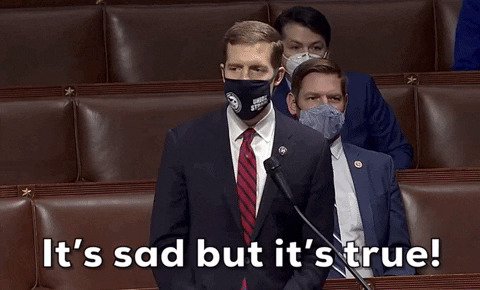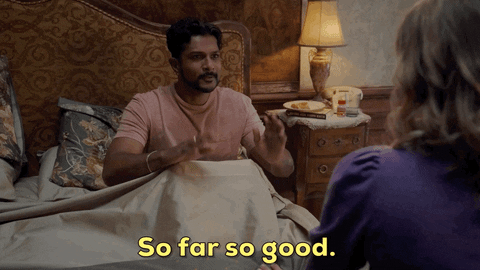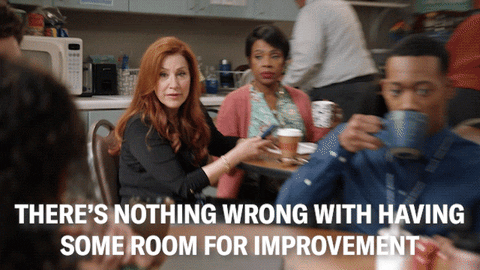Issue #141
Guten Morgen! You might have survived the Oktoberfest beer migraine, but prepare yourself for the Halloween sugar rush. In this week’s Krautshell, we bring to you some solid information that will snap that migraine right out of your head and make you wonder if promises are just half-baked lies. In our main article, we take a look at the state elections in Bavaria and Hessen, along with the EU’s long-term budget having new allocations for Ukraine and, at the same time, the sleigh of hands where the West gives from one and takes from another. And last but not least, Anna takes on the skills of the Green Party when it comes to drafting such exceptional laws as the “Gebäudeenergiegesetz” (aka “Heating Law”). By the time you can pronounce that word, we are sure you will come across another tongue-twister. We wish you an unwinding and relaxing weekend and hope you start fresh and full steam next week! Anna Szilvia WHAT TO WATCH THIS WEEK: State Elections in Bavaria and Hessen: Söder with 96.5% and no alternative to Faeser As you wake up, join us for a thrilling election night. Yes, state elections in Hesse and Bavaria are happening today (supposing that you are reading this on Sunday morning), while that might not sound that thrilling, there is quite something about it. Firstly, we have hit the midterm point of the legislative term on federal level and as you might already have noticed reading our last editions, Olaf Scholz and his team are not so much everyone’s darling right now. So, if you are cheering for Social-Democrats, the Greens, or the Free-Democrats, prepare for a real shiner. In both states, the three parties run far beyond the governing Christian Democratic Union (Hesse) respectively Christian Social Union (Bavaria). Polls indicate that the Free Democrats may not secure seats in the two State Parliaments after the election, while the Social Democrats and the Greens are far from achieving their aspirations of a Social-Democratic Decade and a green people’s party (in Hesse, polls suggest ~17% for both parties, similar results are expected for the Greens in Bavaria. Here, the SPD might come in fifth with ~8%). Secondly, some interesting key actors are involved in the elections. In Bavaria, Markus Söder, representing the Christian Social Union (CSU), the regional sibling of the CDU, will secretly weight his chances on a run for chancellorship (again) after the elections. Recently, he’s been reconfirmed as party leader with an astonishing 96.5% approval rate – more thumbs up than even the most renowned Bavarian pretzel could ever dream of. However, if the state election on Sunday sees a turnout of 34% or less, it could spark rumors of a coup against this nearly 100% party leader and wither his chances of becoming chancellor candidate for the party. In Hesse, our Federal Minister of the Interior, Nancy Faeser, who’s running for State Minister for the SPD will not get in as expected. Lucky for her that she clarified right from the start that she will stay Federal Minister if she does not win in Hesse. Even more lucky for her that suitable candidates for the Federal Ministry of the Interior are rare, as being female and being a qualified lawyer seems a rather rare combination in her party. Still, if she comes out too damaged, a subsequent lack of authority might force chancellor Olaf Scholz to do some reshuffling… INSIGHTS FROM PARLIAMENT: Navigating the EU’s Budget Maze Ladies and gentlemen gather ’round for a quick, snappy update on the EU’s financial shenanigans that’s bound to tickle your funny bone. It’s time for an EU long-term budget makeover! First things first, what’s this “EU long-term budget” all about? It’s the EU’s seven-year financial plan, deciding where the money goes – farmers, regions, businesses, students, you name it. New: Ukraine. The current framework covers the period 2021-2027, and this fall it’s due for a mid-term review in 2023. In its proposal for the review, the Commission suggested setting up a whopping €50 billion Ukraine Facility, reinforcing the budget with €15 billion extra to tackle migration and global challenges, and establishing a “Strategic Technologies for Europe Platform” for space, health, and more. This week, the European Parliament has its say, and it requests more cash than what the Commission has proposed. One billion more for Ukraine’s humanitarian aid, another billion for border management and migration, three billion more for the Strategic Technologies for Europe Platform, and five billion more for two instruments that should provide the EU with more flexibility in responding to unforeseen events. And, please, all of this asap. The devil is in the detail or, in this case, the Council. The member states have not agreed yet (they have to pay their share into the budget), and as you know Germany, spending money never comes easy. If changes in the budget for 2024 should occur, quick action is needed. Get your popcorn and prepare for some tough negotiations! THE BIG PICTURE: The West’s ‘Unbreakable Support’ for Ukraine: Shiny Promises, Tarnished Realities This week, the EU foreign ministers gathered in Kyiv for what they hoped would be a historic meeting of the Foreign Affairs Council. Their mission: to underline their “unbreakable support” for Ukraine. Ukraine’s foreign minister, Dmytro Kuleba, even mentioned that this meeting was “showing that Ukraine is moving closer to EU accession.” If you listen closely, you can almost hear Albania and North Macedonia giggling in the background (these guys have been halted with promises since years). But let’s talk about the gifts Europe is bringing to this party. More weapons and financial support have been pledged by EU leaders. Unfortunately, not everything that glitters is gold, and this shiny support seems a bit tarnished when you look at what’s really going on. Poland, Ukraine’s steadfast ally since the war’s inception, has halted the delivery of weapons to Ukraine. The rationale behind this decision? Well, it’s tied to an ongoing “grain dispute.” Yes, the same dispute that’s been lingering in the background like a persistent background hum. Poland, joined by Hungary and Slovakia, has extended an import ban, citing concerns about safeguarding their farmers from a potential influx of Ukrainian grain imports. And guess what? Elections are just around the corner in Poland. So, a pre-election move – showing the voters that you put “national interest” first? Meanwhile – and we don’t need to inform you about this – also in the United States, support for Ukraine seems to go to rack in domestic politics. In a twist of irony, what’s happening in Western countries is exactly what experts predicted for Russia’s war strategy. Since their quick invasion failed, the Kremlin seems to be going for a war of attrition, hoping that Western support dwindles. But one can only hope that Western countries realize, rather sooner than later, that a strong Ukraine, capable of defending itself, is also in their national interest. Source: gis-hsl.hessen.de Here are three appointments for next week that you should have on your radar: IT’S A SKILL We all know, I might be a bit biased. But I can’t help thinking that even with an objective view, it appears that the Greens are having a hard time demonstrating the necessary skillset to draft sensible laws, and then navigate them through the legislative process. Just thinking back to the “Gebäudeenergiegesetz” (aka “Heating Law”), which was not only controversial, but the whole legislative process was marked by processes not thought through, side effects not anticipated, formal requirements not met. Regardless, if you agree with the position, or the objective, or the measures to reach it; the craft of writing a law and guide it through the parliamentary process is not something that worked very well this time. The latest example of a Green project going awry: The “Kindergrundsicherung”, a law aimed to guarantee basic support for every child, is the next one that is suffering from what looks like insufficient experience. The Liberals do disagree on the whole project (mostly because of the additional cost), fair enough, but still the coalition managed to find a compromise recently. The Liberals agreed to support the project after all, and the Cabinet forwarded the draft to Parliament to enter the usual parliamentary process. Now, the Liberal Faction in the Bundestag voiced severe concerns, and declared the draft as not acceptable, due to shortages regarding administrative issues, side effects, overall effectiveness. Once again, it seems, a Green’s project will cause severe conflict after a compromise on the position has been found. Well, there might be. Those kinds of conflict suggest a level of incompetence the voters do not appreciate. One could argue the Greens will be punished at the next elections. Unfortunately, this does not only hurt the Greens. It hurts the coalition, the Government, and gives rise to populist and right-wing parties, which ultimately hurts the whole country. Issue #141


FIRST, AN OUTLOOK FROM SZILVIA:
NOW, SOME SOLID INTEL:
TAKE A BREAK, GIVE YOUR EYES A REST:
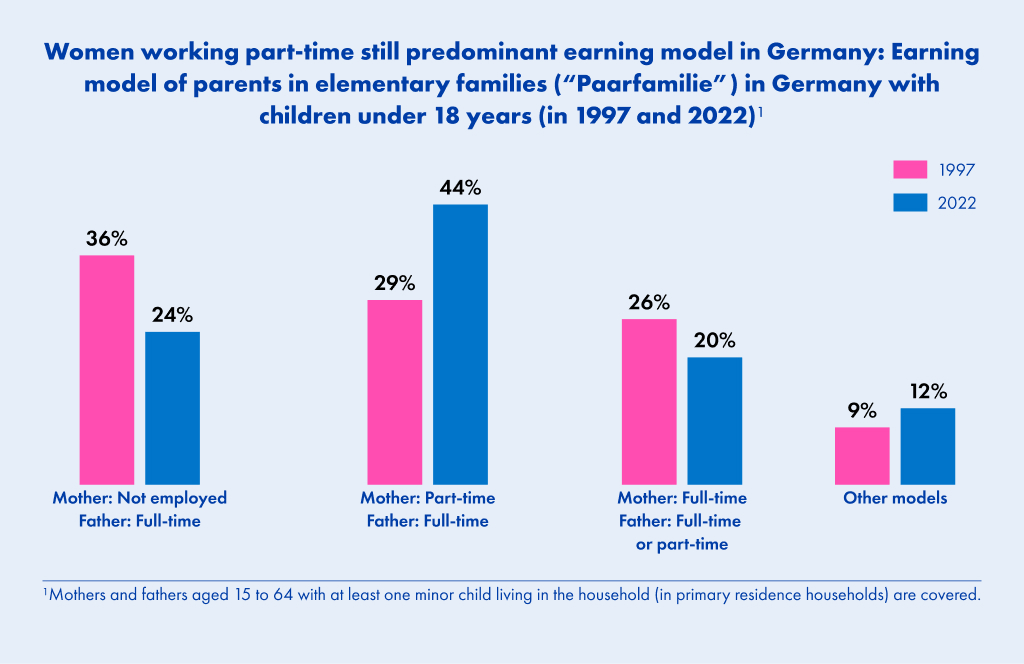
LONG STORY SHORT:
OUTLOOK:
When?
What?
October 8th, 2023
State Elections in Hesse and Bavaria
October 9th & 10th, 2023
Meeting of the Olaf Scholz and Emmanuel Macron and their ministers in Hamburg
October 10th, 2023
3rd European Defence & Security Conference
WHAT’S ON OUR MINDS:
